.jpg)
Are we ready to feed 10 billion mouths by 2050? To meet this burgeoning food requirement, agriculture output needs to go North and move up by around 50 per cent as per the UN projections. The scenario makes food security a redoubtable challenge. That’s because farmers need to grow more with less resources to raise food for an additional two billion people. To ramp up output, traditional methods will not suffice. In this backdrop, AI is emerging as a game-changer, transitioning the farm sector to Agriculture 4.0 and optimizing the farm-to-fork value chain. Globally, AI’s uptake in agriculture is growing. An uptrend in investment validates AI’s strides. The spending on AI in agriculture is projected to grow from $1.7 billion in 2023 to $4.7 billion in 2028, with a CAGR of 23.1 per cent (Source: Research and Markets).
.jpg)
Let’s delve into some ground-breaking AI applications
Agriculture is the cornerstone of economic stability for many countries worldwide and AI is poised to fuel a connected future for farms and farmers. Here are a few examples where AI is already changing the culture of agriculture:
Precision agriculture and smart farming: As AI has seeped into farms, the focus of the farmer has shifted from increasing the yield per acre to maximizing the yield per gallon of water, or pound of nitrogen, or whichever input is the most limiting factor. AI-powered precision agriculture makes the activity sustainable and the targets achievable. Picture a sight where an AI model helps a farmer to ward off a swarm of inbound locusts before they attack his crops. AI can enable peak level of precision by collecting and crunching vast datasets into actionable insights. Powered with troves of data from sensors, drones and satellites, AI-powered tools can predict disease outbreaks, crop yields, and market trends. Armed with this foresight, farmers can to mitigate risks, plan harvests better and optimize supply chains.
Supply chain optimization: AI can analyze data on logistics, potential bottlenecks, warehouse and storage problems, connectivity issues caused by weather or geography, unpredictable market demand, and oscillating prices due to political or connectivity situations. With this analysis, farmers and other stakeholders can finetune the supply chain and make it more flexible and resilient. This not only guarantees profitability but also cuts down on food waste. AI is like a super-smart buddy that can make things better and more efficient.
Climate Resilience: AI-driven weather forecasts and climate models play a crucial role in equipping farmers to tackle extreme weather events, enabling them to adapt and protect their precious crops. By meticulously analyzing copious amounts of agricultural data, such as historical crop records, prevailing weather patterns, and current soil conditions, AI has the power to optimize crop management practices and accurately predict yields.
Empowering small farmers: If we take into account the agriculture landscape of a country like India, the land holdings are fragmented and the small and marginal farmers lack access to state-of-the-art technologies. AI can help bridge the gap by offering farmers a cost-effective platform to access markets, as well as providing them with updated tools and knowledge.
Crop Yield Optimization: Generative AI has the incredible ability to analyze huge chunks of historical agricultural data. It takes into account various factors like weather patterns, soil quality, crop health, and yield data. By spotting patterns and connections within this data, it can provide valuable insights to maximize crop yield. This information is a game-changer for farmers as it allows them to make smart decisions based on data.
.jpg)
Rebooting Agriculture in Africa with AI
Agriculture is the backbone of many African economies, providing livelihoods for a significant portion of the population. To exemplify, agriculture contributes around 23 per cent of sub-Saharan Africa’s GDP, and employs more than 60 per cent of its population. Notably, The African continent has 65 per cent of the world’s remaining uncultivated arable land. However, the sector is bedeviled with many challenges, including climate variability, limited resources, and the ongoing problems of crop diseases and soil degradation. These issues limit the sector's growth and productivity.
However, AI is offering a glimmer of hope. Some AI solutions have helped produce stellar outcomes on the ground. For example, Project GreenGuard in Kenya has leveraged an AI solution that utilizes image recognition and Machine Learning algorithms to identify early signs of diseases. This has slashed crop losses by 30 per cent, empowering Kenyan farmers with timely intervention strategies. Likewise SmartFarm Nigeria has deployed an AI solution that has increased cassava yield by 25 per cent, contributing to food security and economic growth in Nigeria.
.jpg)
CSM Tech’s readiness for AI leap in agriculture
CSM Tech buys in the potential of AI to transform the agriculture sector, especially in Africa where we have an active business footprint in multiple countries. Africa is a destination where have successfully designed and deployed bespoke digital solutions in countries such as Ethiopia, Rwanda, Kenya, Sudan and Gabon. To illustrate, our end-to-end seed certification system for Kenya Plant Health Inspectorate System (KEPHIS) has navigated multiple challenges in the seed certification chain and streamlined traceability- a critical factor in international seed trade. In addition, the digitized National Soil Health Information System in Ethiopia is a successful case study of end-to-end automation. It consolidates all data starting from field survey to soil sampling to mapping and visualization of soil properties and types.
A natural tech enhancement to both these disruptive solutions would be the embedding of AI. We are more than keen to develop AI capabilities that can provide real-time insights into crop health, growth rates, and yield forecasts. AI algorithms can also analyze soil moisture levels, weather patterns, and plant nutrient requirements to deliver the precise amount of water and nutrients needed by each crop. This is another potential application we are exploring.
Equally mindful we are of the ethical concerns that may stem from deployment of AI solutions. Implementing AI technologies can pose a major challenge for farmers, particularly those in developing regions like Africa, due to the high upfront costs involved. Moreover, concerns regarding data privacy, the requirement for technical expertise, and the digital divide in rural areas are other valid points to ponder. Yet with ample checks and balances and a strong oversight, AI is just the best bet for a turnaround in agriculture.






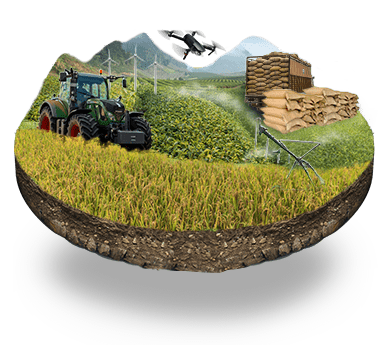








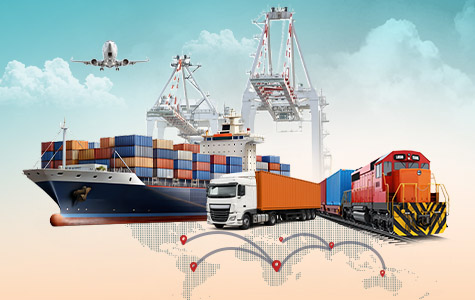

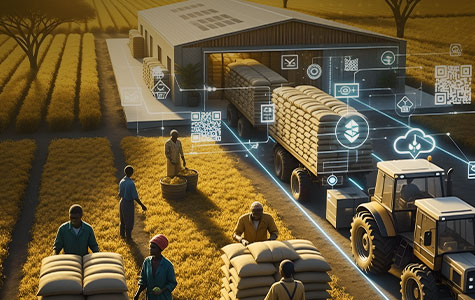


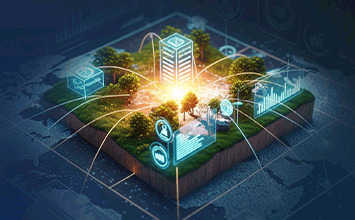
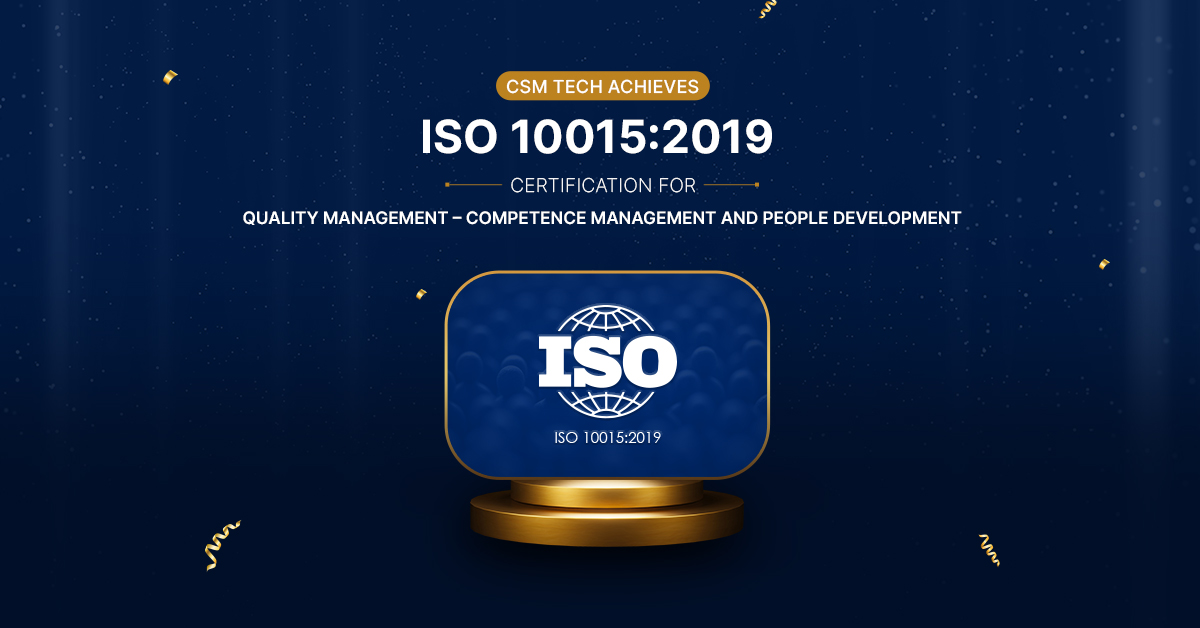

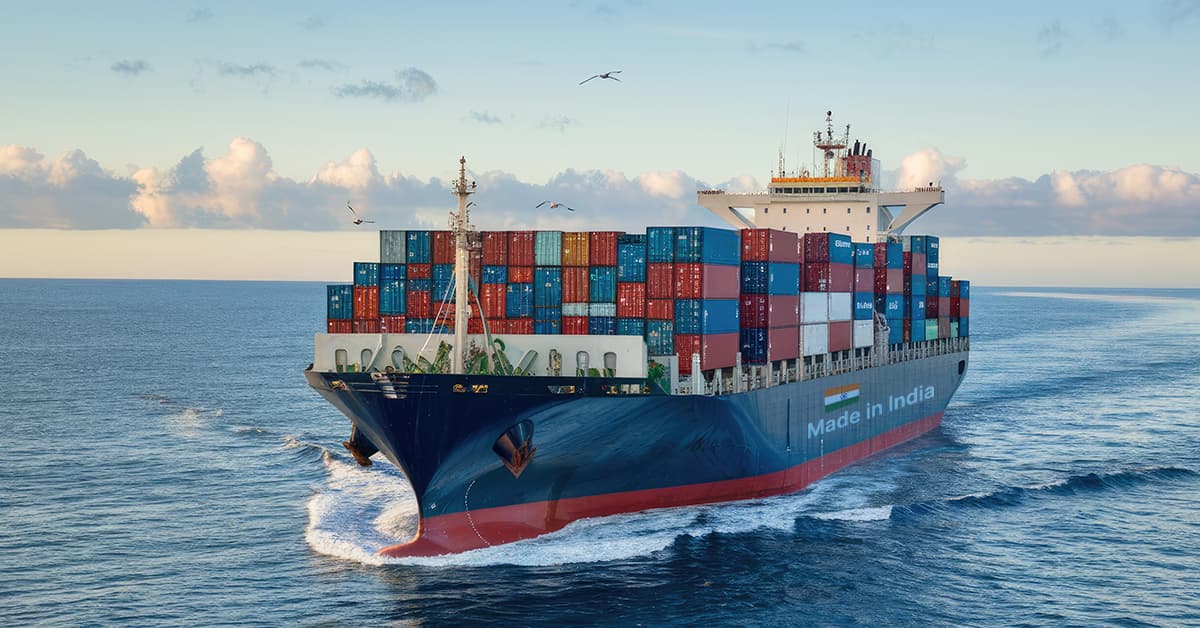
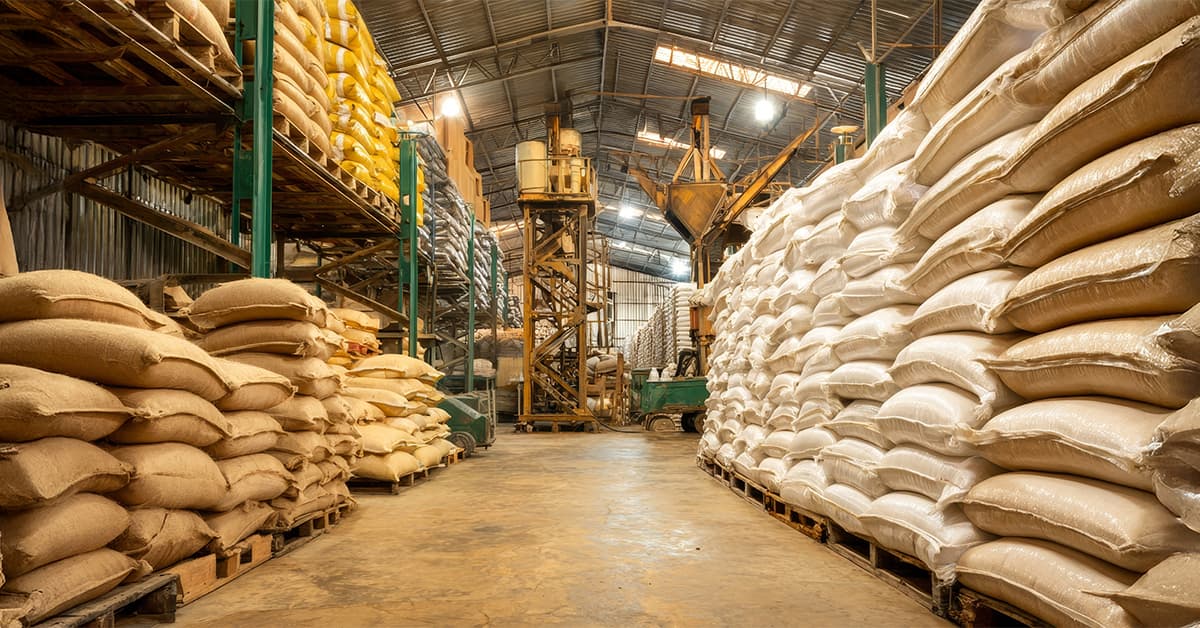







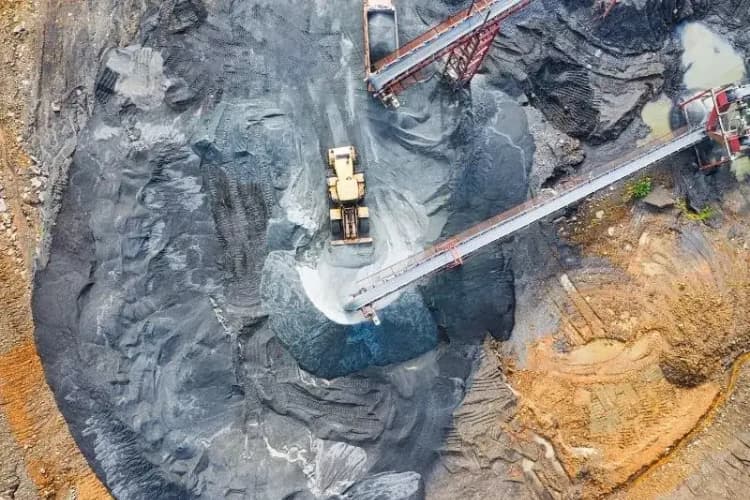









We will verify and publish your comment soon.